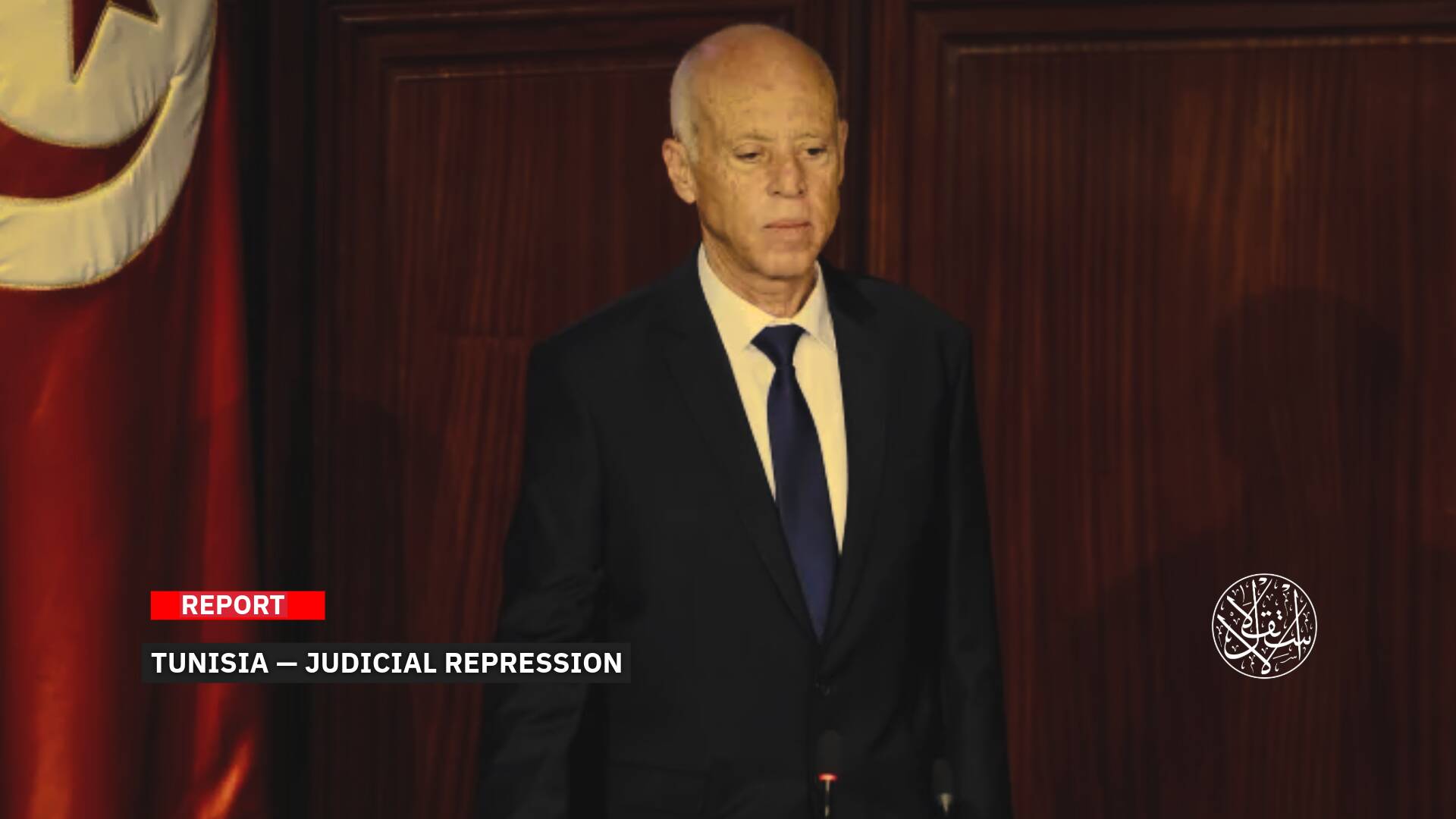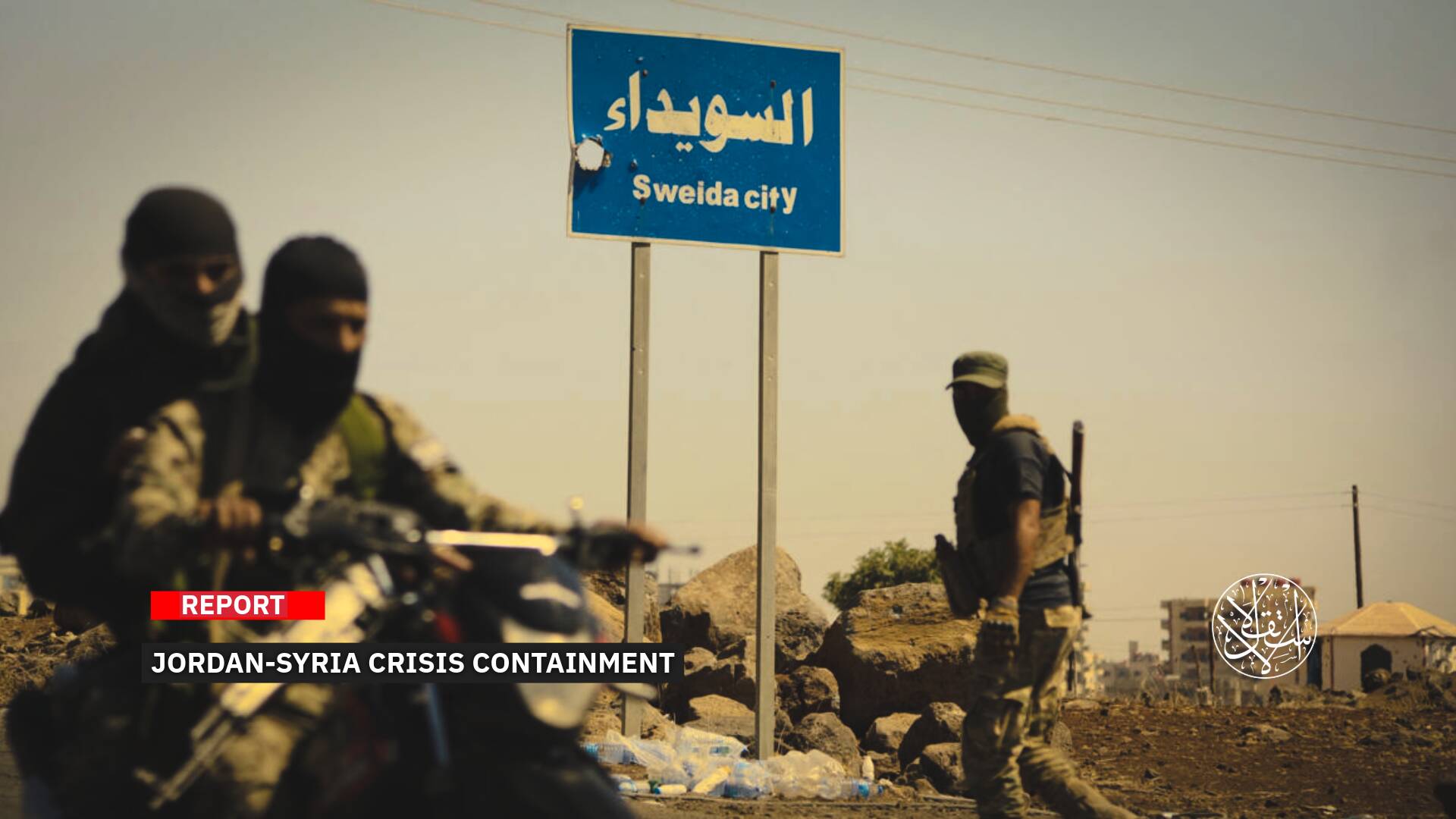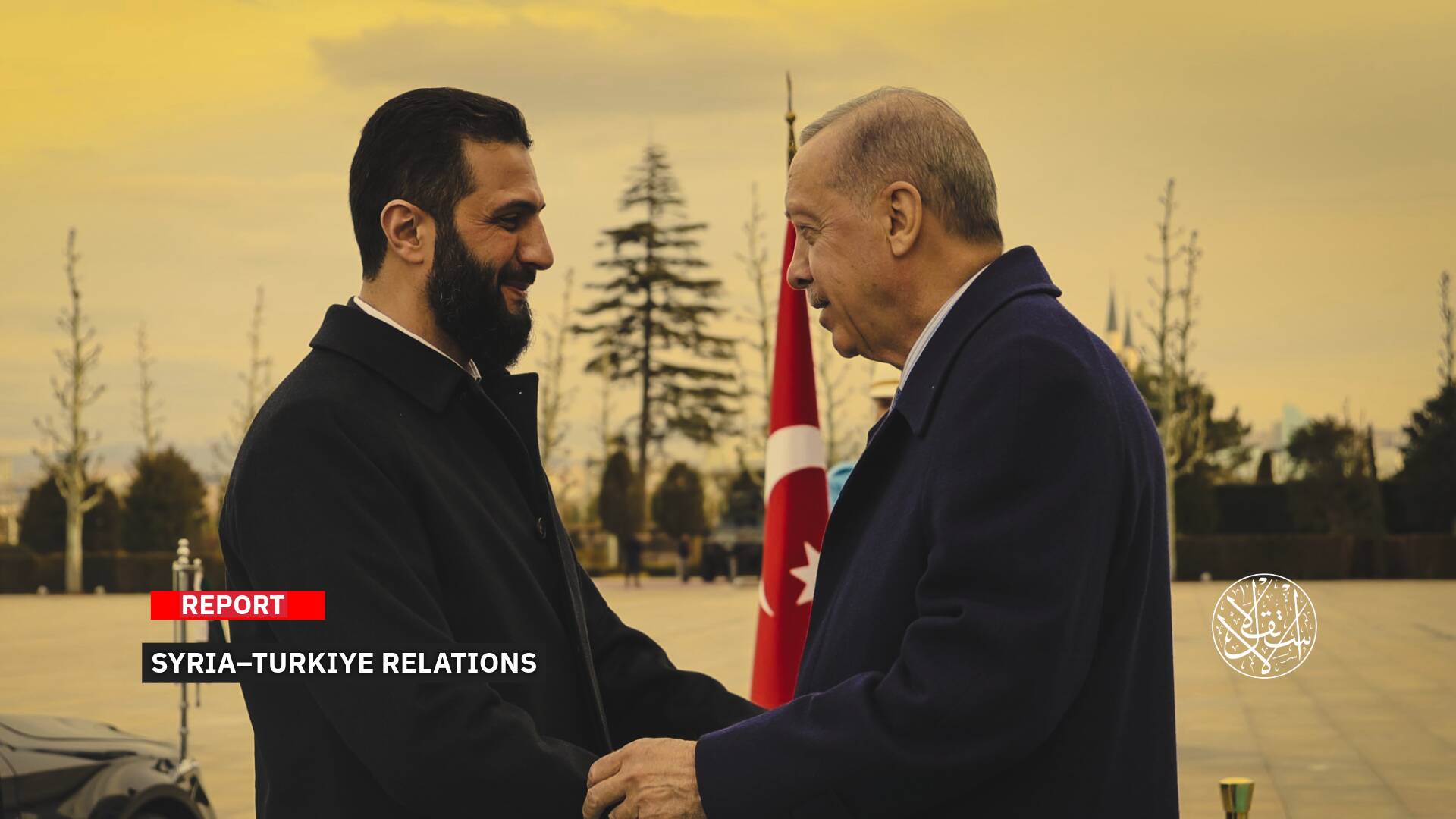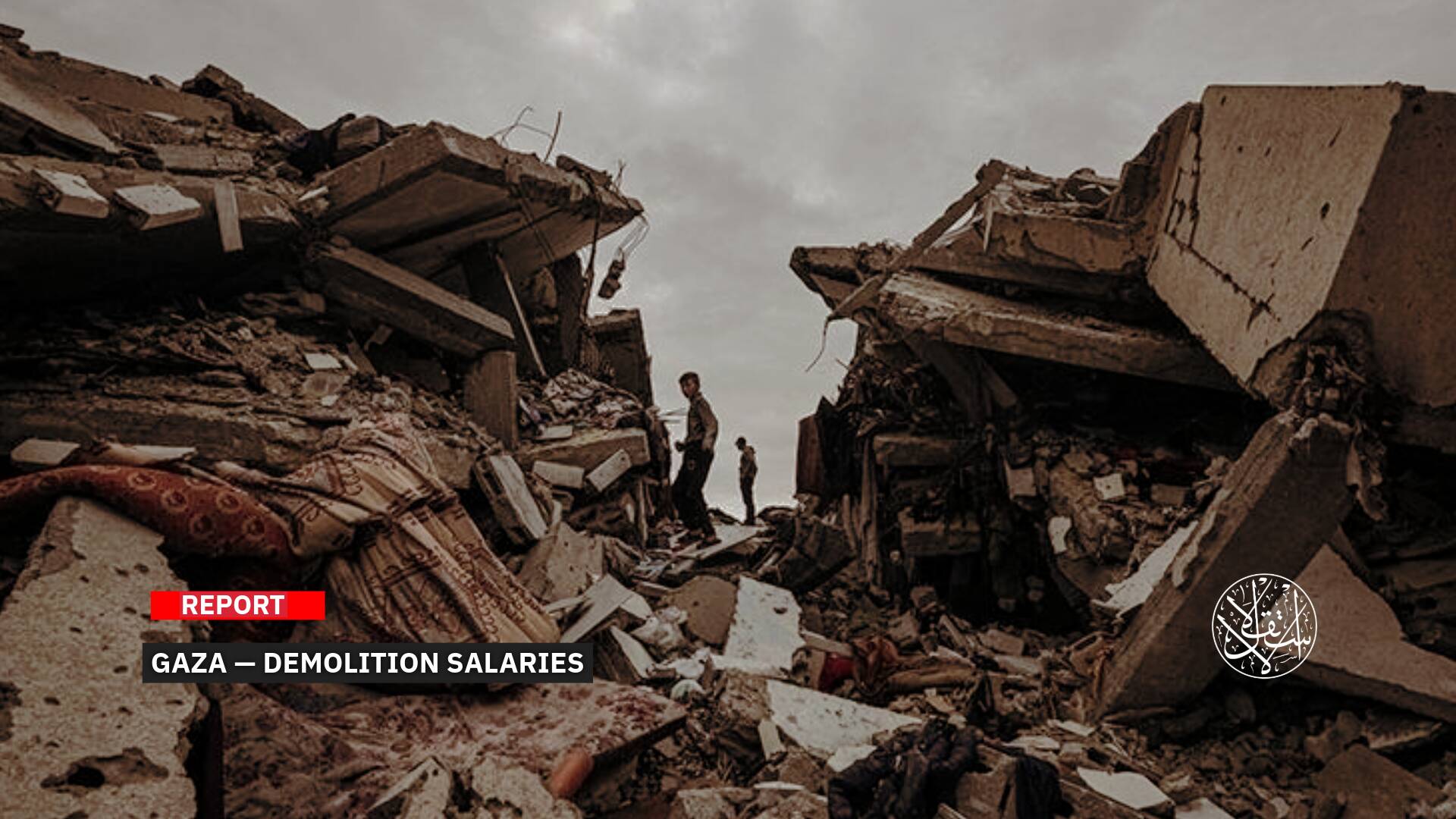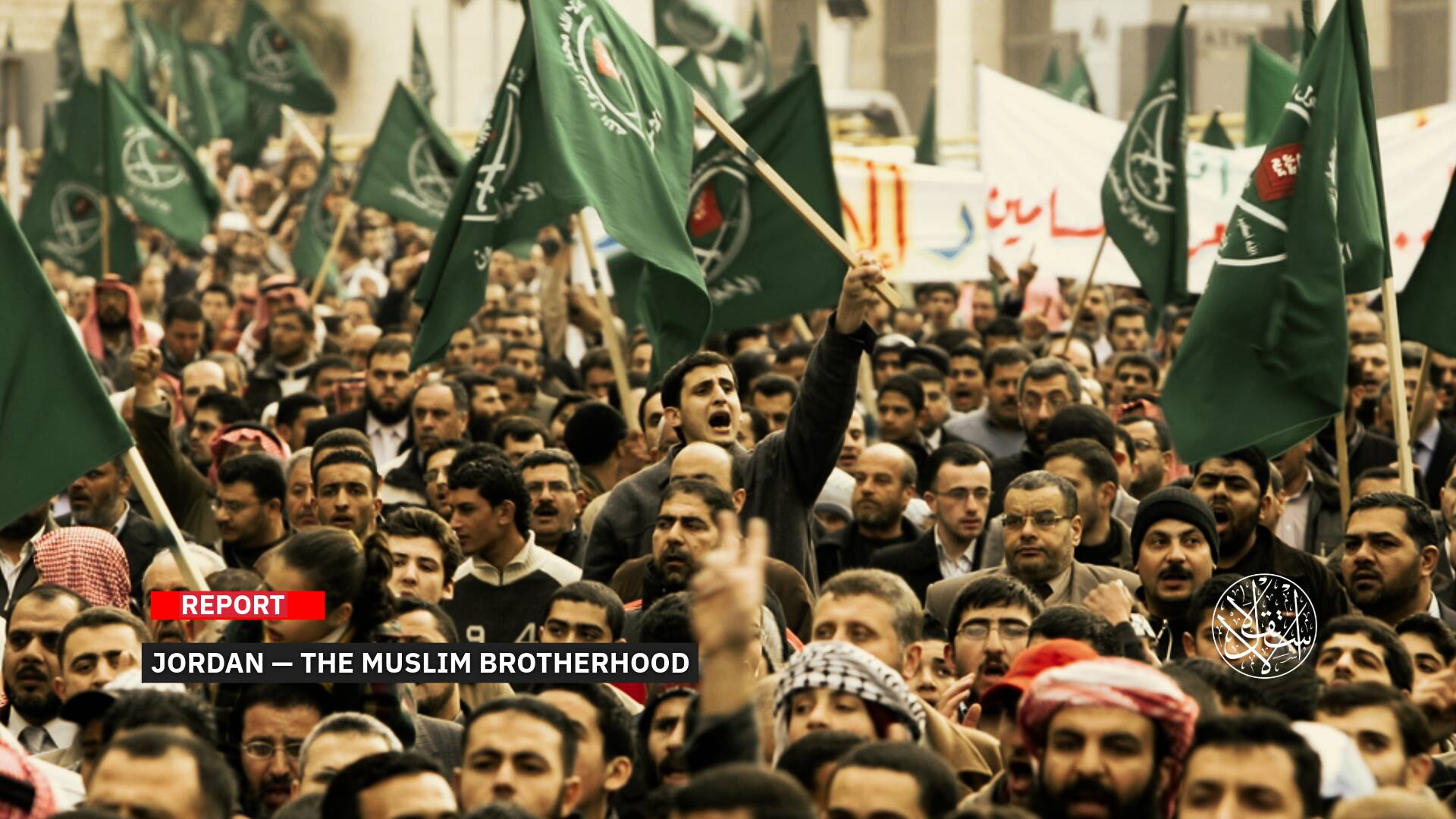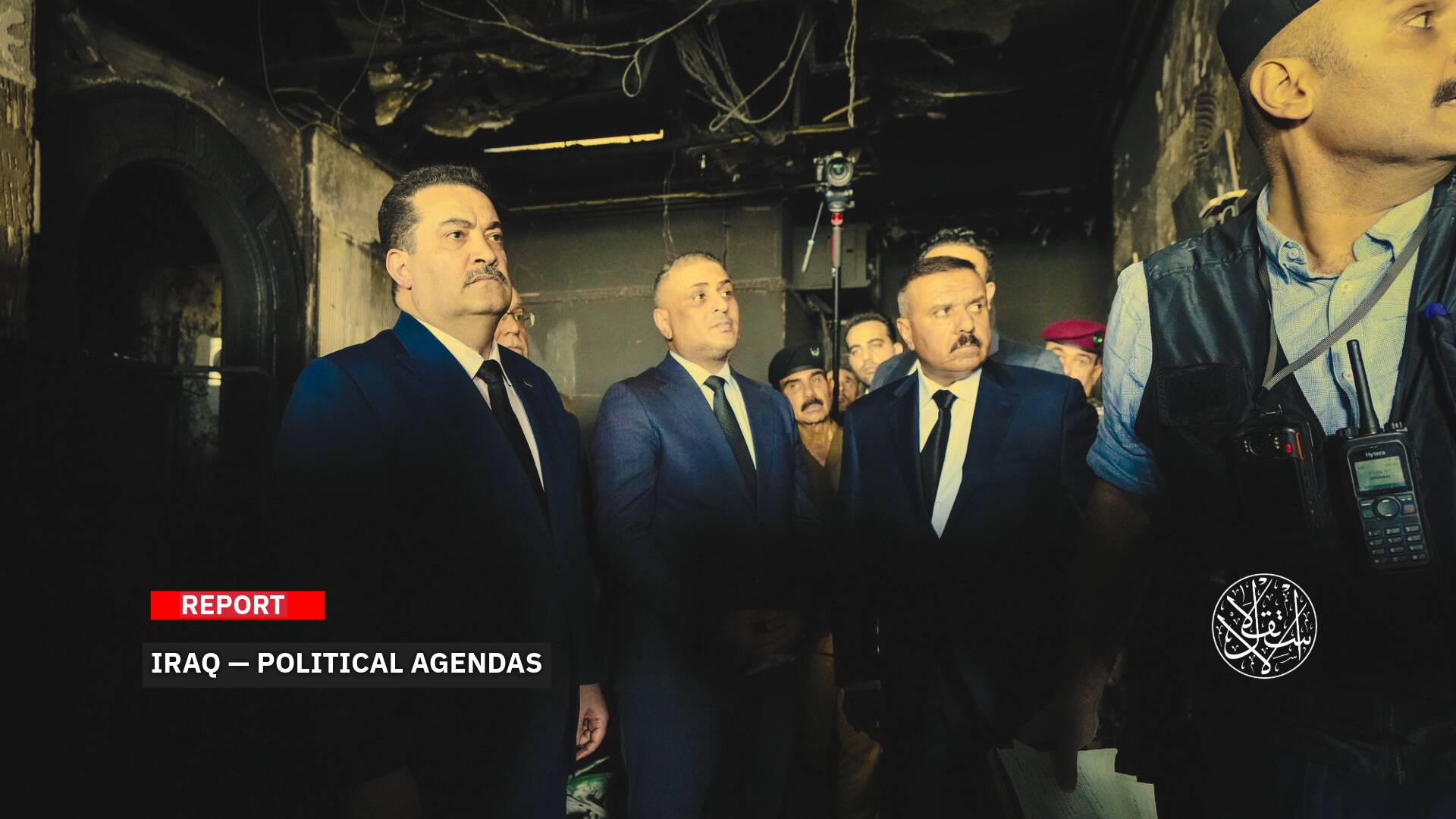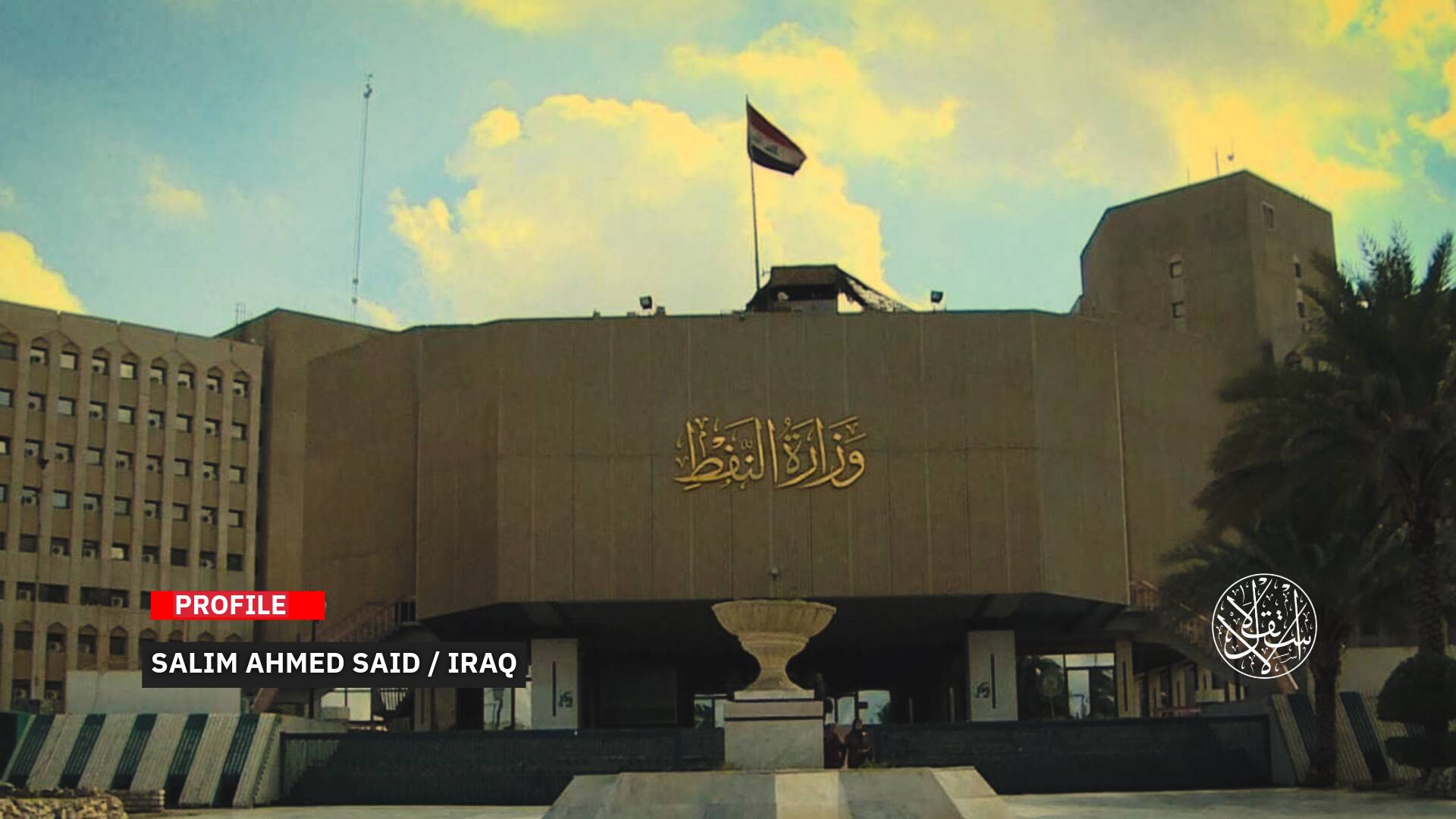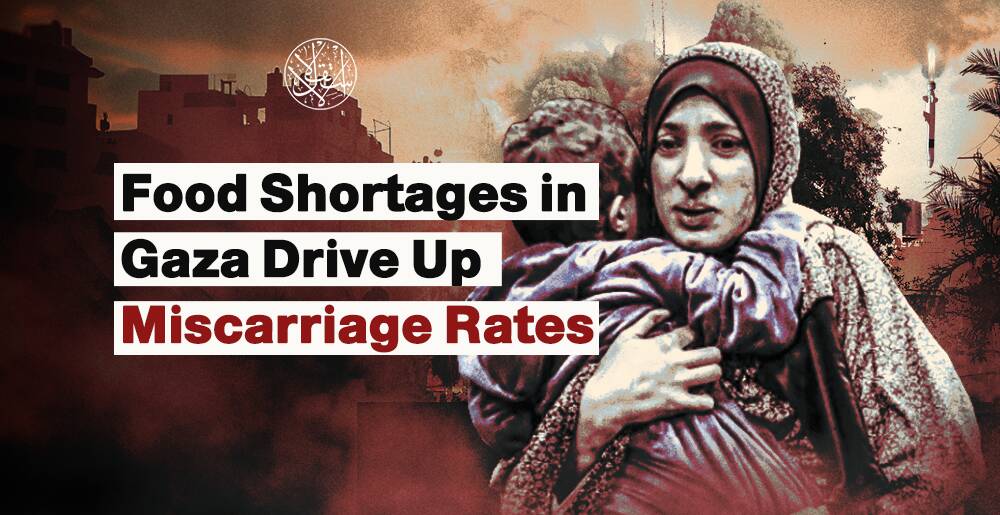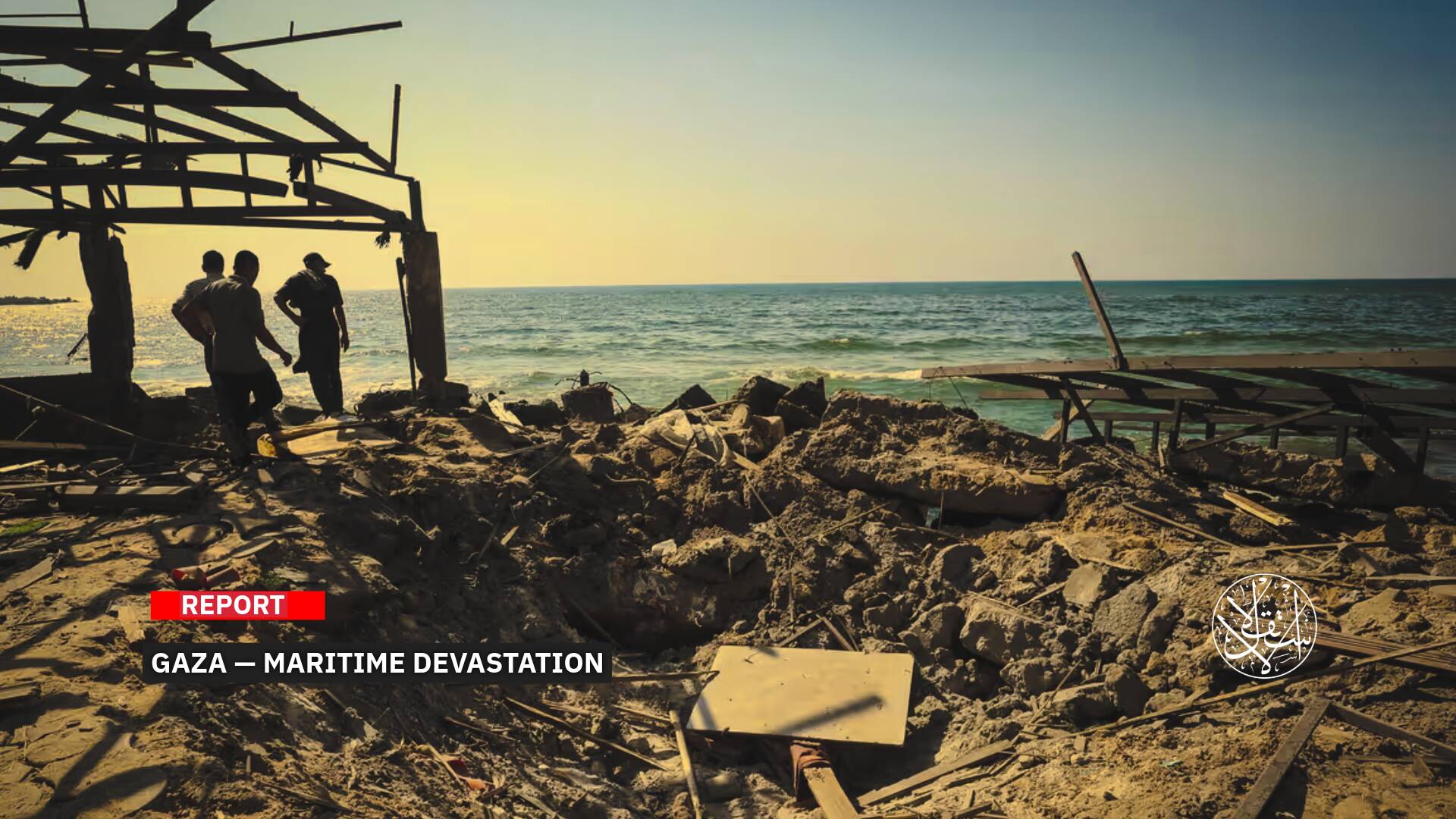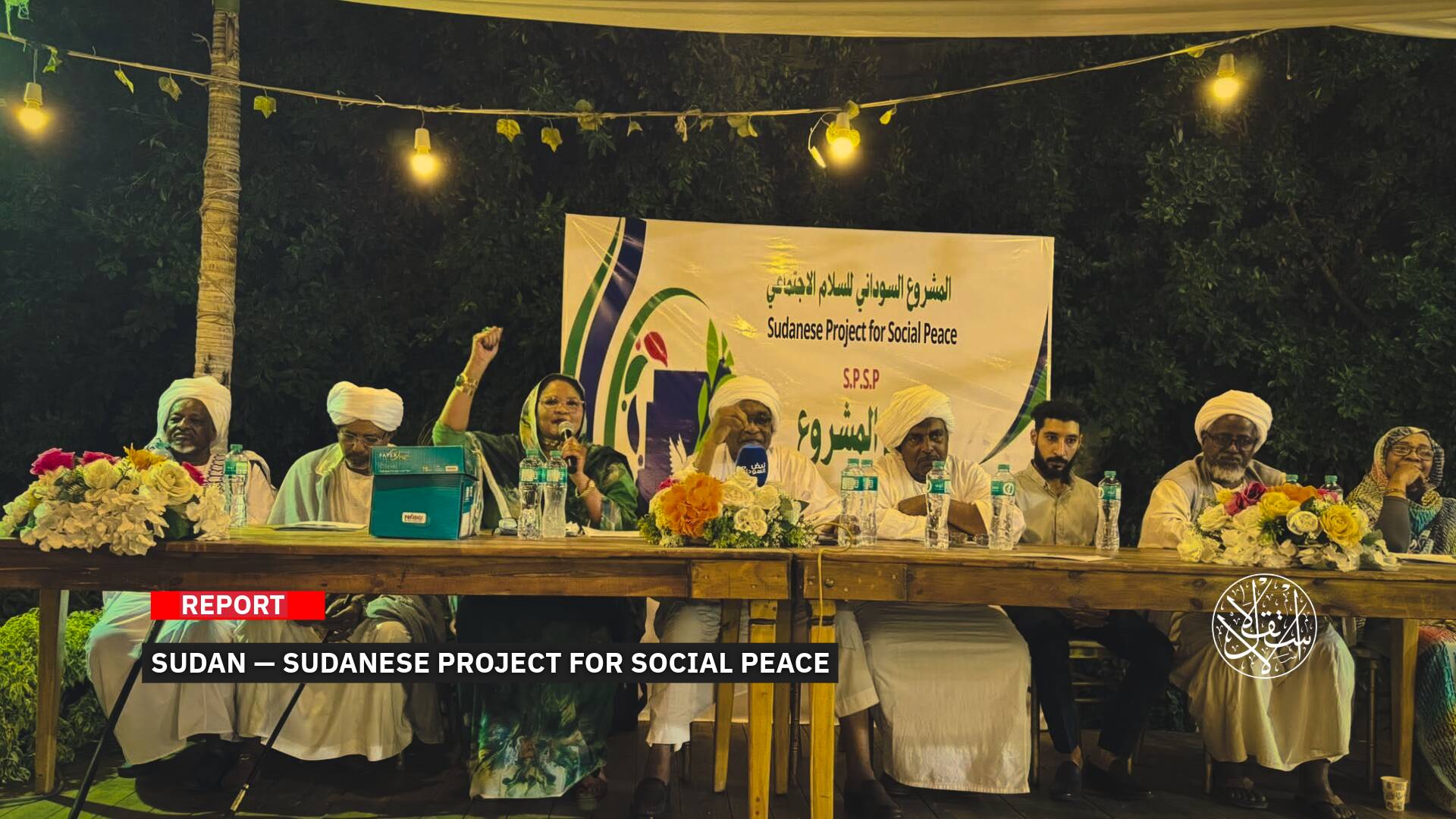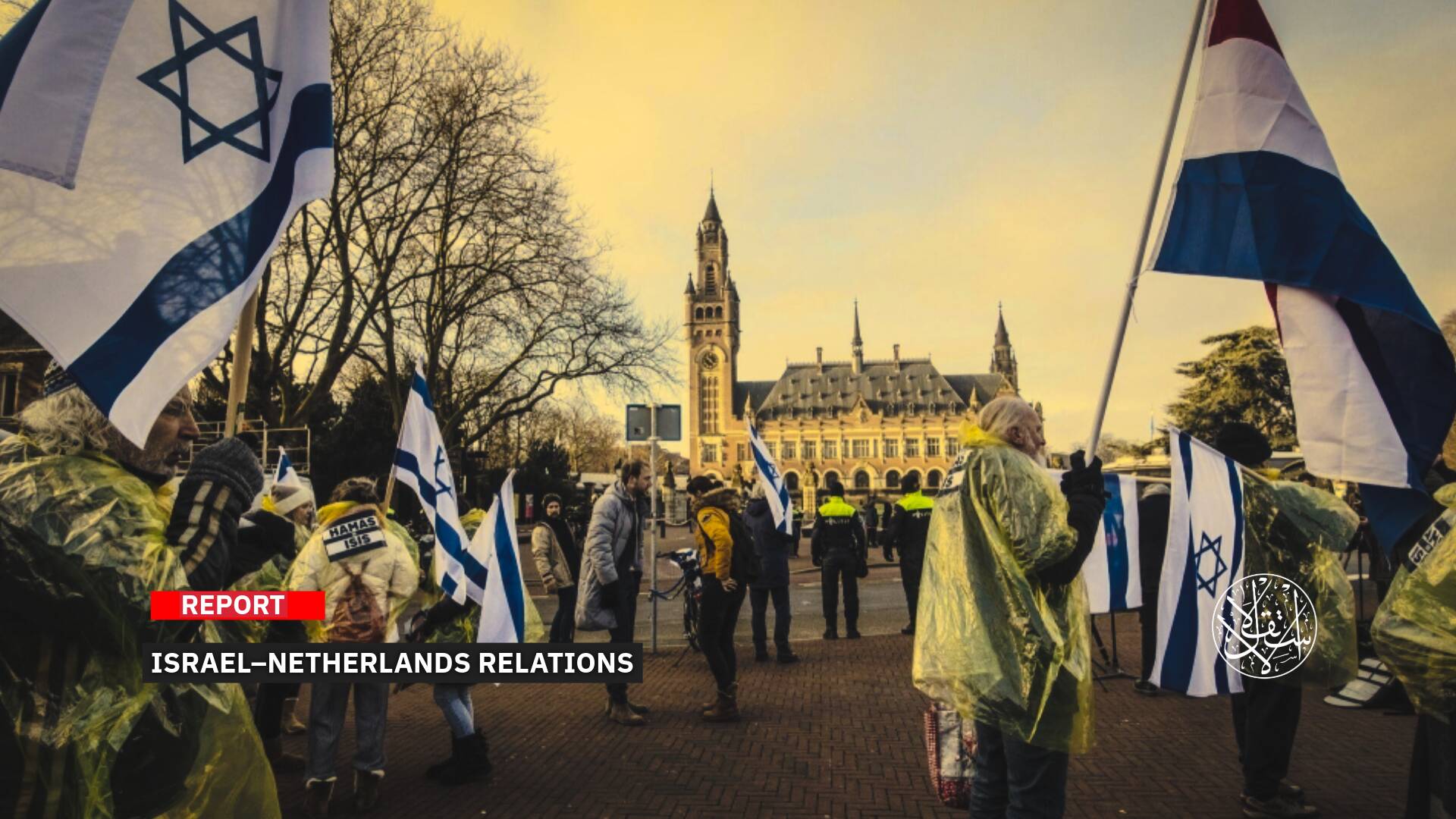A New Aggression: How the Far Right Seeks to Turn the Tables on Muslims in Italy
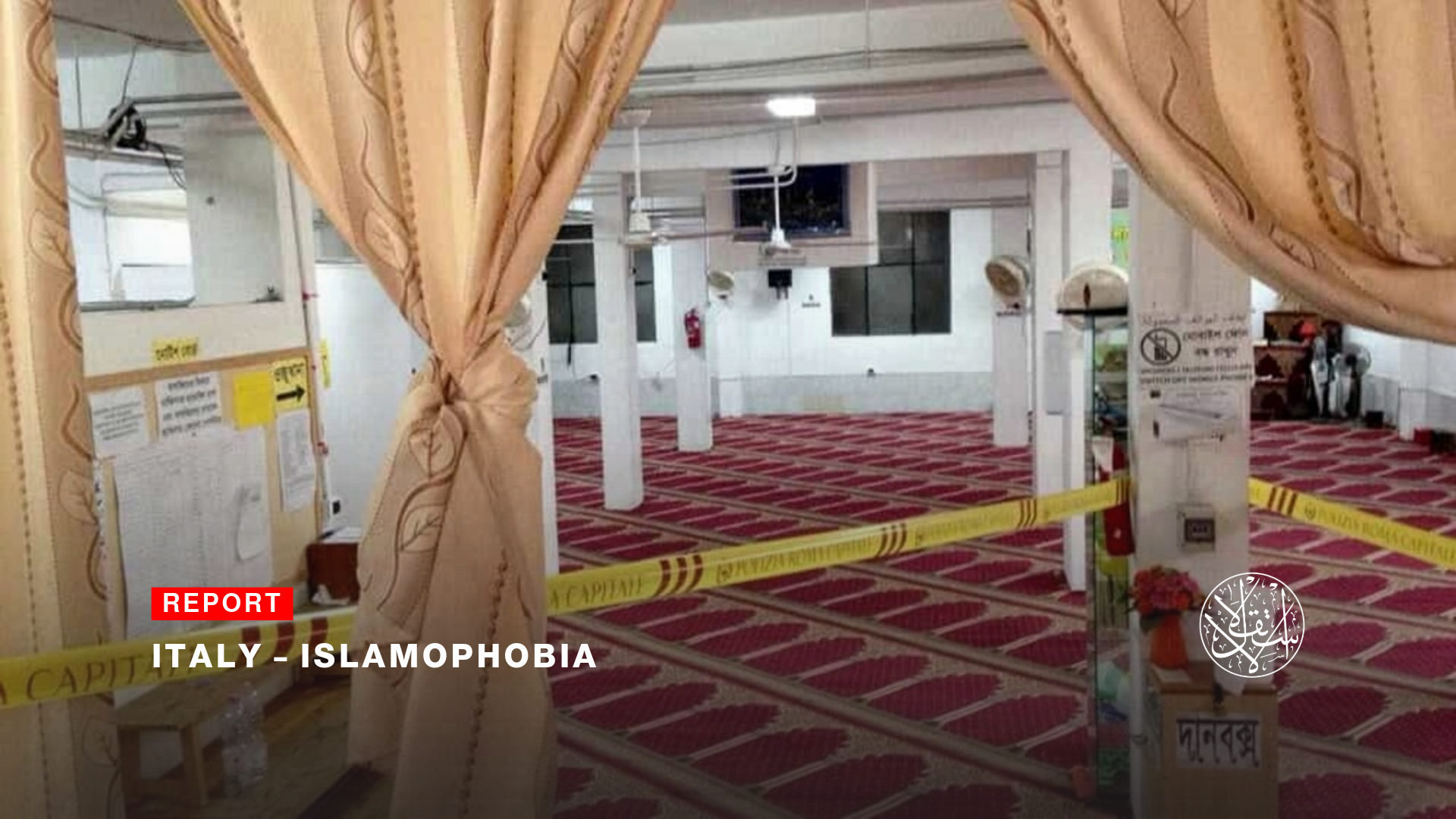
Islam ranks second as the most widely practiced religion in Italy.
Italy is embroiled in a wide debate regarding the constitutionality of a proposed bill by the ruling far-right party Brothers of Italy (Fratelli d'Italia) known in the media as the "anti-mosque law," which imposes extensive restrictions on places of worship.
The bill presented to the Italian parliament prohibits the use of offices of religious and cultural entities for worship activities and prayers, as well as banning religious sects that do not have agreements with the state, notably Islam.
The aim of the bill is to prevent cultural centers and social institutions from being used as mosques for prayer, especially since Islam does not have an official agreement with the Italian state, allowing the ban to be applied.
Controversial
Italian news site, Today, revealed on April 10, 2024, that a parliamentary committee has given the green light to discuss this bill, presented by Tommaso Foti, the parliamentary leader of the ruling Brothers of Italy party.
The site described the bill as controversial, noting that it calls for preventing social associations from using buildings under their control for worship.
In fact, the law will prevent Islamic communities from occupying basements, shops, warehouses, and other places of worship, Today reported.
The source mentioned that this bill was previously introduced in mid-2023 but did not garner much attention due to its significant violations and clear unconstitutional discrimination against citizens of the Islamic faith.
Thanks to the electoral campaign for the European elections and the political struggle over the immigration and foreigner file, the law has been rewritten by removing any reference to religions, becoming a mere technical text aimed at creating ambiguities in reality, with the main goal being to prevent the use of several buildings as mosques.
It noted that the suitability of using buildings will be determined by decree from the ministries of interior, health, and infrastructure, taking into account the specificity of different forms of worship, safety needs, and accessibility for residents.
On the other hand, the Italian Huffington Post revealed on April 12 that the Italian state has signed agreements with various Jewish, Buddhist, Lutheran, and evangelical churches and other forms of beliefs but has not done so with Islam.
The site justified the lack of agreement with the Islamic community due to the absence of an association capable of representing the majority of the Muslim community in Italy, considering that signing such an agreement is a challenging task.
The same source warned that closing places designated for Muslim prayer will not solve the problem or aid integration into society, thereby increasing the risk of contexts where extremism can flourish.
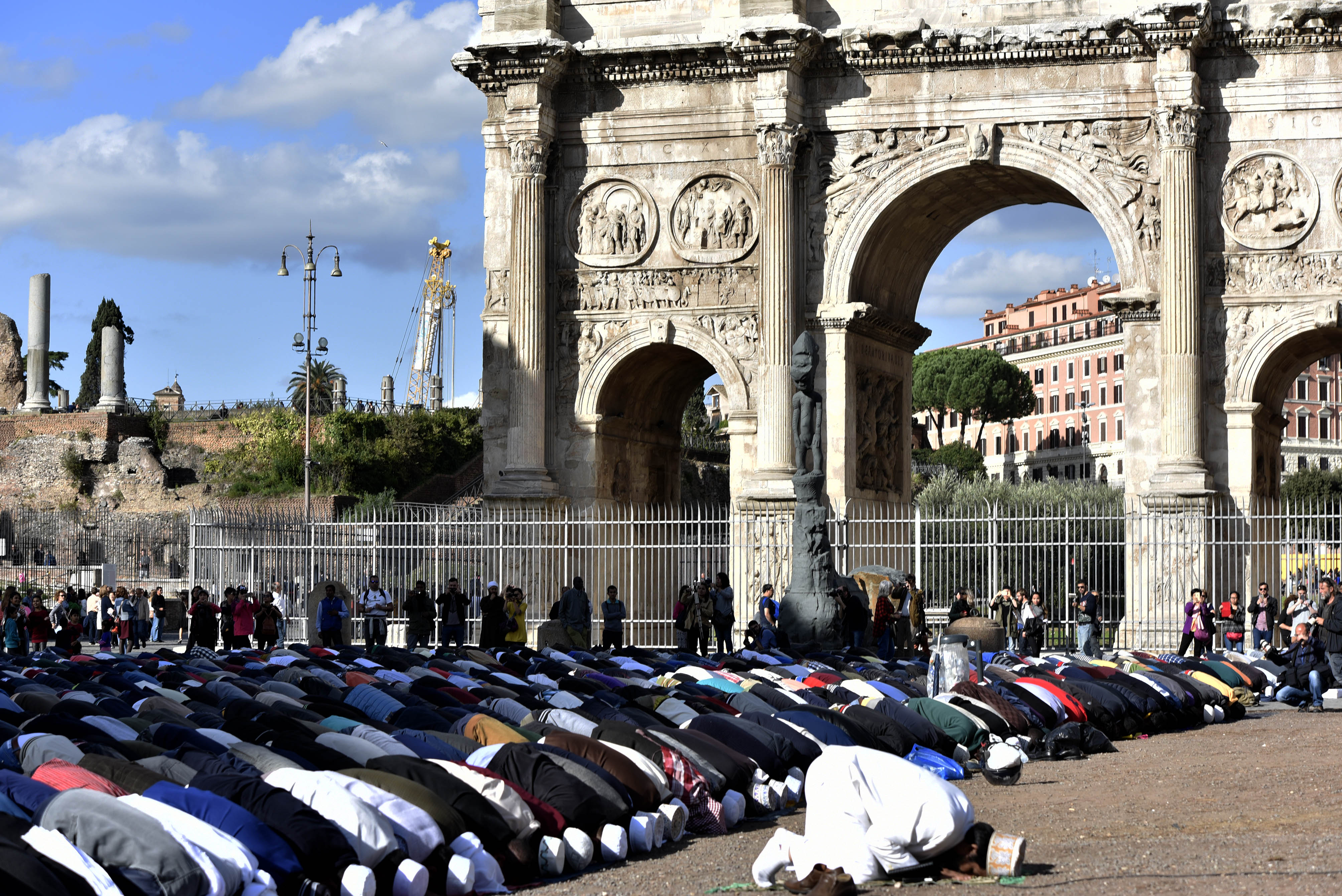
Unconstitutional
Activist Ahmed Balqaid in Italy emphasized that the aforementioned bill is unconstitutional according to the Italian Constitution, which guarantees freedom of worship.
Balqaid told Al-Estiklal that "this project has been rejected by leftist parties and Islamic organizations, even though it is somewhat of a media campaign to attract Italian voters."
"Muslims pose no threat to the Italian state due to their moderation," noting that "Islam is the second religion after Catholic Christianity, the country's official religion."
In this regard, Balqaid mentioned that "Italy has not been subjected to any terrorist attacks at least in the 34 years I have lived in this country," indicating that "the crackdown on Muslims has no clear or overt justification."
Despite this crackdown, the civil rights activist says that the future of Islam in Italy is promising, despite the absence of a lobby or Islamic pressure group interested in politics.
Regarding the request for recognition of the Islamic religion through partnership with the state to overcome the current or anticipated crackdown on Muslims, Balqaid said that a major Islamic organization previously applied for recognition of the Islamic religion in 1992, but this request has not been responded to yet.
"In any case," the speaker continued, "we will continue to practice our religious rituals freely, and fully respect the laws currently in force, as well as the customs and traditions of the country."
On the level of confronting this project if it is passed and enacted into law, Balqaid said that it would pose a significant problem and would require four years to prove its unconstitutionality.
Union of Islamic Communities and Organizations in Italy has worked on holding an initial meeting with Islamic centers affiliated with it, which number around 250, and seeks to open a dialogue with unaffiliated centers to keep up with this project, emphasizing the need for "political, media, and judicial efforts to manage this issue properly."
Discriminatory Project
Opposition to the project came not only from within the Islamic community but also from opposition political leaders and figures in Italy.
In this regard, parliamentarian Ilaria Fontana from the opposition Five Star Movement said that the project is a "massacre."
Fontana emphasized in local press statements that "this project is discrimination against Islamic communities, hidden behind urban planning tactics," pointing out its electoral objectives.
Meanwhile, Laura Boldrini, former United Nations official and President of the Chamber of Deputies of Italy, affirmed that "all religious denominations, including the Muslim community, must be guaranteed the right to practice their religion in a suitable and dignified place."
Boldrini warned in similar press statements that the bill "prohibits social promotion associations from using their premises for prayer, making us expect that this decision will be followed by guidance clarifying that Islamic communities can have places for prayer and celebrations, or that they can build mosques with private funds."
Boldrini pointed out that "the absence of a state agreement with Islamic organizations, unlike other denominations, is not a valid reason for not doing so."
She noted that the right does not want this, but instead sets up barriers and obstacles as soon as there is talk of new mosques or meeting places, asking, "Where should these people go to pray? And what do they think they will achieve by preventing them from doing so?"
Boldrini added, "No one benefits from a religious war except those who want to engage in electoral propaganda," and continued addressing the right: "Do they really have such a fragile identity that they fear confrontation with differences? Advanced democracy thrives on differences and draws strength and wealth from them."
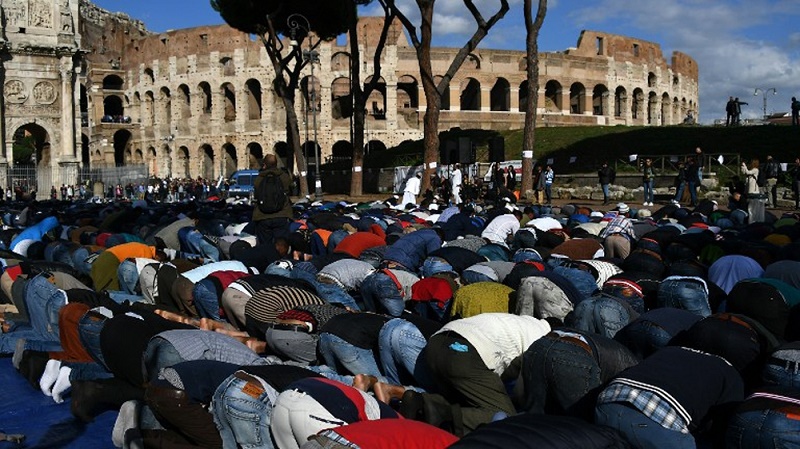
Combatting Islam
In response to the project, the President of the Union of Islamic Communities and Organizations in Italy, Yassine Lafram, affirmed that "the ruling right-wing party often introduces such laws that combat Islam and Muslims, such as banning the hijab and prohibiting veiled women from entering public places, and others."
Lafram added to Arabi21 on April 17, 2024, "The danger this time lies in the law known in Italy as 'against mosques,' because the right-wing party now has a majority in the Italian parliament and has gained influence and authority to implement the law."
He emphasized that "the bill directly targets Muslim prayer halls located within the premises of Islamic associations and cultural centers, which are legally unauthorized for prayer and religious ceremonies despite conducting social activities and gatherings, with prayer being part of them."
Lafram stated that "the bill restricts the freedom of belief and religious rituals guaranteed by the Italian Constitution," noting that "the law targets at least 1500 Islamic cultural centers where Muslims pray and perform religious rituals, due to the difficulty of obtaining a permit to build a mosque in Italy [which only has four mosques] with an Islamic architectural design."
The President of the Union of Islamic Communities and Organizations in Italy pointed out that "passing this law will cause significant confusion among Muslims in Italy and will reinforce the hate speech against Islam and Muslims, which has clearly increased under the right-wing party's rule."
Lafram said, "There are strong reactions rejecting this law, especially from leftist parties that have announced their rejection of the law," affirming that it violates the Italian Constitution, which guarantees freedom of worship and religious beliefs.
As for Ahmed Berraou, an activist and journalist in Italy, he said that proposing this law is "a very disturbing development for the Muslim community in Italy."
Berraou stressed in an opinion article published on Italia Telegraph on April 18 that this law specifically targets Islam because it is the only religion among the most widespread religions in Italy that has not signed an agreement with the state.
The writer quoted Izz al-Din al-Zir, an imam in Florence, as saying that "those who propose such a law need lessons in the constitution, as the latter guarantees religious freedom, and any bill that contradicts these principles is rejected."
Berraou pointed out that Muslims in Italy make up about 2.7 million people, or 4.9 percent of the resident population in the country, and that Islam ranks second as the most widespread religion.
He mentioned that most of these Muslims are citizens of North Africa, especially Moroccans with half a million, followed by citizens of European and Balkan countries, Albania and Kosovo, and then Asian citizens, especially from Bangladesh and Pakistan.
Berraou said that opening places of worship for the Muslim community witnessed a qualitative leap in the current century, as their number doubled from less than 800 mosques before 2000 to about twice that number now.
The writer emphasized that these centers and mosques were the only outlet for the Muslim community, serving as places of worship, psychological and spiritual comfort, and despite their simplicity, they played a significant role in addressing the religious shortcomings experienced by Muslim immigrants in Italy.
Berraou highlighted that the escalating targeting of Muslims came especially after the events of September 11, 2001, in the United States, and then after the rise of populist politicians from the extreme right in Italy, specifically the Northern League and Brothers of Italy parties, the current ruling majority.
The activist revealed that for years, Muslims have sought direct dialogue to secure legal avenues for practicing their faith freely, yet their efforts have been fruitless. Cultural associations and Islamic centers have faced obstacles in obtaining permits to construct and operate mosques.


